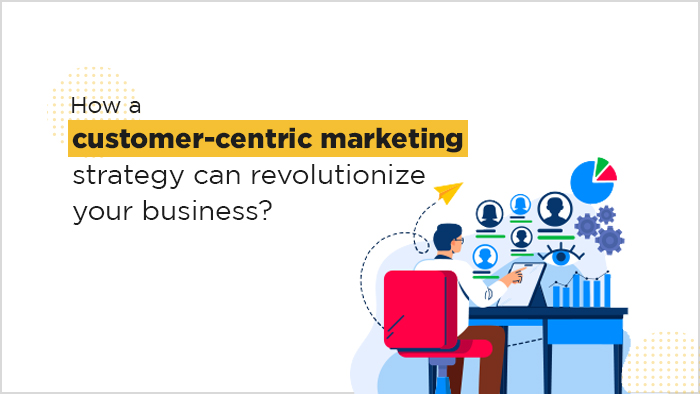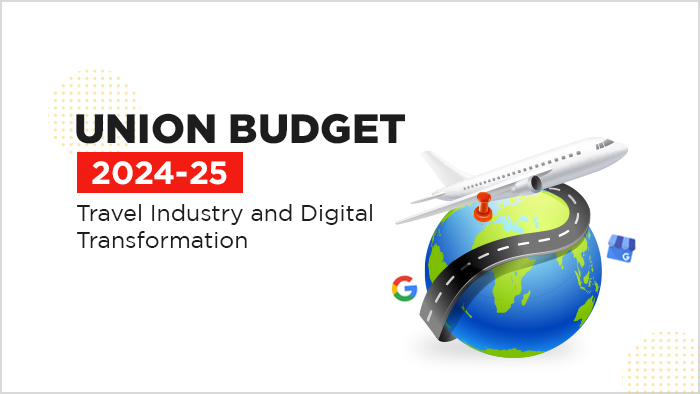The ecommerce market is seeing a steady growth with many new start-ups coming up every day. While, in last few years, some brands have brought a revolution in the ecommerce world like Amazon, Flipkart, Myntra, FirstCry.com, Caratlane, eBay, Infibeam, Pepperfry, PayTM, and many more. Thus, the main question that every ecommerce marketer, especially novice is going through is how much budget to spend on marketing? What is the marketing budget of successful e-commerce companies?
Well, it’s not something simple. It depends on many factors, especially the consumer behaviour that rapidly changes. Furthermore, the budget should be balanced, if it’s too high then the ROI will fall, if it’s low, you’ll see no results. Thus, the marketing budget allotment differs from company to company and the goals they want to meet up. For eg- if you are looking for increased sales for the company, then spending more on paid media advertising is the best option. While, if you want customer retention and want to increase your company’s brand awareness, then focus spending on email and social media. Thus, with time you need to keep trying and shifting your budget, depending upon the goal of the marketing campaign.
To make you understand about the ecommerce companies marketing spend, we are presenting the benchmark study data, based on the surveys done by Marketing Sherpa.
How much of the Marketing Budget is Spent on Each Channel as per their Revenue?
As per the below Figure 1, companies with higher revenue (more than $100M) spent more on TV advertising (30%), while less on paid search (above 20%) and SEO (almost 10%), as they are already established online for a longer time. But, if you are a new ecommerce company having an average revenue of $1M, then you need to double down your spending on SEO i.e. roughly 24% to make a mark in the search engine rankings. Also, the low revenue group companies spent more on paid search (34%), display ads (24%), radio advertising (18%) and less on TV advertising (around 19%).

Ecommerce Companies Invest in which Channels?
As per Figure 2: Most of the respondents spent their marketing budget in email marketing (96%), social media (93%), SEO (90%), paid search (88%) and so on. While less respondents spent on television (33%) and radio advertising (34%).

Marketing Budget Spent on Each Channel?
Figure 3 represents the spending of companies as per their percent of budget spent on each channel. Like out of all the respondents spending on paid search, 25% spent more than 75% of their budget on this channel. While, on an average, half of the companies spent 10% or less on each channel.

Marketing Budget Spent on Each Channel, based on Success Score?
Thus, the motive with which ecommerce companies spent on marketing is to get success. So, let’s evaluate the marketing budget spent based on success score. The companies that have shown less success spent more on social media and direct mail. While, paid search, SEO, television, email and social media remains the primary channels in which most of the marketing budget was spent by high success companies, shown in Figure 4.

Hence, all these surveys and figures conclude that the channels returning high volumes of traffic like SEO email and for some television advertising are getting the maximum focus while assigning the marketing budget. Moreover, no matter whether it’s a high or low revenue company, they are shifting from traditional methods of advertising to digital, but still, the budget for mobile marketing stays less that needs to be enhanced in 2017 to woo more customers.
Well, all these analysis and figures are good to understand what other ecommerce brands are doing, but you cannot blindly follow it for your own. Because every business is different and their goals vary too. Thus, if you have previous marketing data, always evaluate that to come up with your perfect marketing budget. But, if you are new, then follow this simple way – plan, test, analyse and refine campaign results to know how much your business should spent on marketing to be successful in this digital age.












